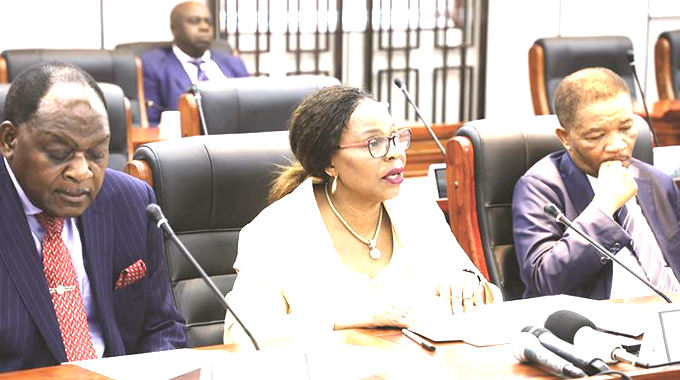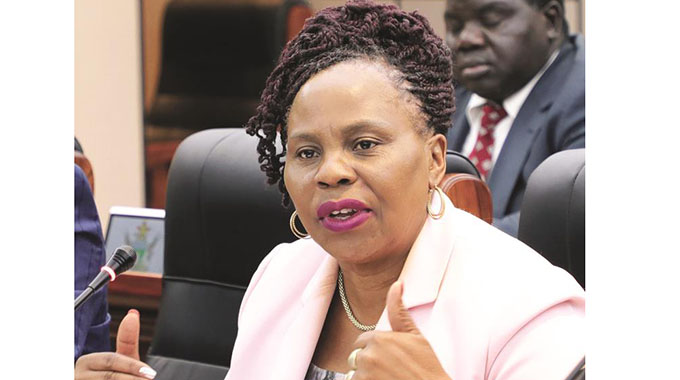Gender-sensitive land policy proposed

Lynn Munjanja Herald Reporter
Experts in the agricultural sector have called for a policy to address challenges being faced by women, chief among them, lack of access to land and security of tenure within the context of marriage, death, inheritance and divorce or separation.
Earlier this year, Lands, Agriculture, Water, Climate and Rural Resettlement Minister Perrance Shiri launched the formulation process of a comprehensive land policy which was expected to enhance access to land, land use planning and management, productivity and sustainable utilisation of land.
Speaking at the Zimbabwean Land and Agrarian Network (ZiLAN) workshop on gender-sensitive land policy in Harare recently, Sam Moyo African Institute for Agrarian Studies (SMAIAS) executive director Dr Walter Chambati said women and youths should be recognised in the land policy.
“Landlessness continues to be a major challenge among women with over 10 000 landless women and youths listed on the Ministry of Lands waiting list,” he said.
“Women land tenure rights and land tenure security remains a major challenge, especially within the context of marriage, death, inheritance and divorce or separation.
“Through the land policy, the Government must make clear its commitment to; not only the irreversibility of the land reform, but also to equitable distribution of land, consistent and transparent land management principles, rights and the laws that will govern land resources management in Zimbabwe.
“Absence of a coherent land policy has presented challenges in the land sector such as gender inequities, marginalisation of vulnerable groups (farm workers and the disabled), insecure land tenure, rise in land conflicts and poor land administration systems.”
The formulation process of a comprehensive land policy launched by Minister Shiri is expected to enhance access to land, land use planning and management, productivity and sustainable utilisation of land.
It will be guided by the Food and Agriculture Organisation (FAO) Voluntary Guidelines for responsible Governance of Tenure (VGGT) and would be aligned with the African Union (AU) Framework Agenda 2063 and guidelines on land policy in Africa.
The process is expected to take up to 18 months.







Comments